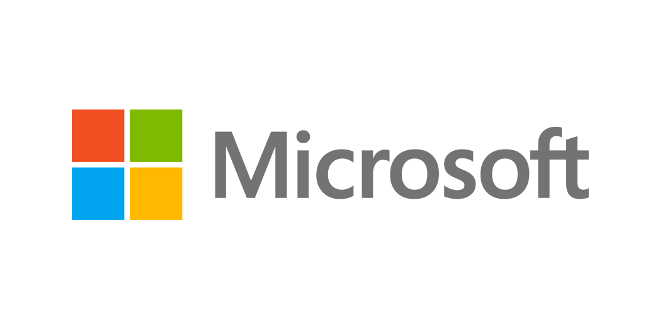If you want to take advantage of Intel's Skylake chips, or really any new hardware that isn't already on the market, Microsoft expects you to upgrade to Windows 10. In an official blog post about "embracing silicon innovation," Microsoft mentions how it is working more closely with its business partners to deliver the best experience possible. Much time is spent detailing how much better Windows 10 combined with Skylake chips will be over Windows 7. Near the end of the post, Microsoft clarifies its update policy for Windows 7 and 8.
- Windows 7 will continue to be supported for security, reliability, and compatibility through January 14, 2020 on previous generation silicon. Windows 8.1 will receive the same support through January 10, 2023. This includes most of the devices available for purchase today by consumers or enterprises.
- Going forward, as new silicon generations are introduced, they will require the latest Windows platform at that time for support. This enables us to focus on deep integration between Windows and the silicon, while maintaining maximum reliability and compatibility with previous generations of platform and silicon. For example, Windows 10 will be the only supported Windows platform on Intel’s upcoming “Kaby Lake” silicon, Qualcomm’s upcoming “8996” silicon, and AMD’s upcoming “Bristol Ridge” silicon.
- Through July 17, 2017, Skylake devices on the supported list will also be supported with Windows 7 and 8.1. During the 18-month support period, these systems should be upgraded to Windows 10 to continue receiving support after the period ends. After July 2017, the most critical Windows 7 and Windows 8.1 security updates will be addressed for these configurations, and will be released if the update does not risk the reliability or compatibility of the Windows 7/8.1 platform on other devices.
In short, Windows 7 and 8 will be supported until 2020, and 2023 respectively, but only on currently available hardware. All new generations of processors will require the latest version of Windows. A specific selection of Skylake devices will support Windows 7 and 8 until July 17, 2017, after which time users should upgrade to Windows 10. The blog post also mentions that the specific list of Skylake devices to receive Windows 7 and 8 support will be released next week.
This might seem like an attempt to push people into using Windows 10 when they don't want to, but at least some explanation is given. "Windows 7 was designed nearly 10 years ago before any x86/x64 SOCs existed. For Windows 7 to run on any modern silicon, device drivers and firmware need to emulate Windows 7’s expectations for interrupt processing, bus support, and power states- which is challenging for WiFi, graphics, security, and more." Curiously enough, there is no real explanation given for not supporting Windows 8.1 on newer hardware.
Is it reasonable for Microsoft to only Support Windows 10 on new hardware? Leave your comments below.







